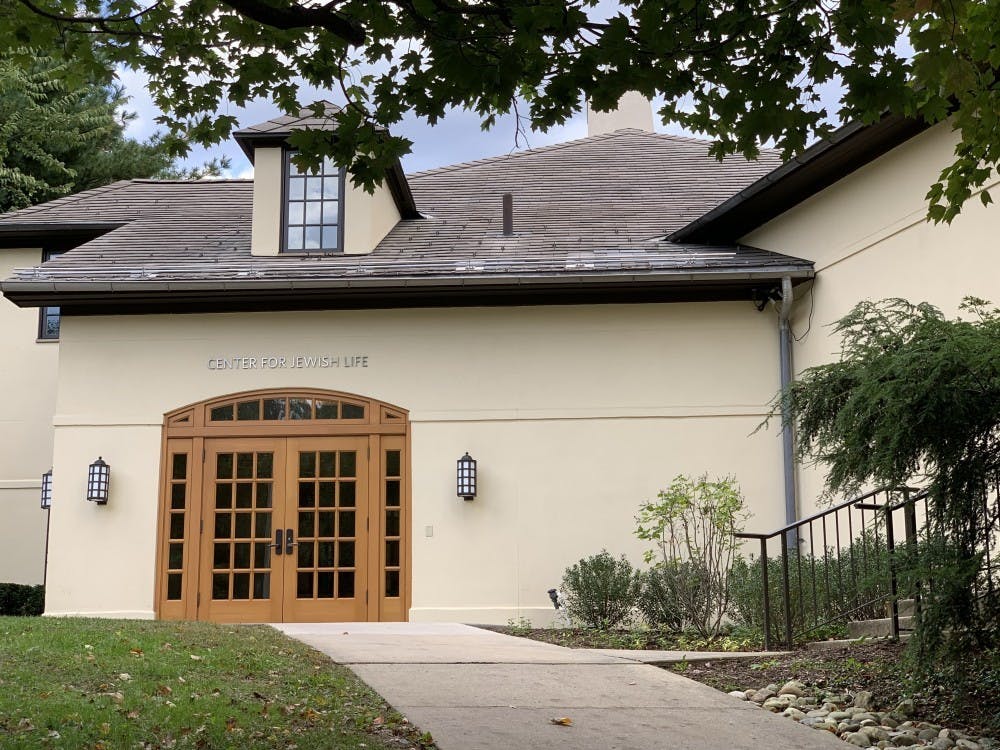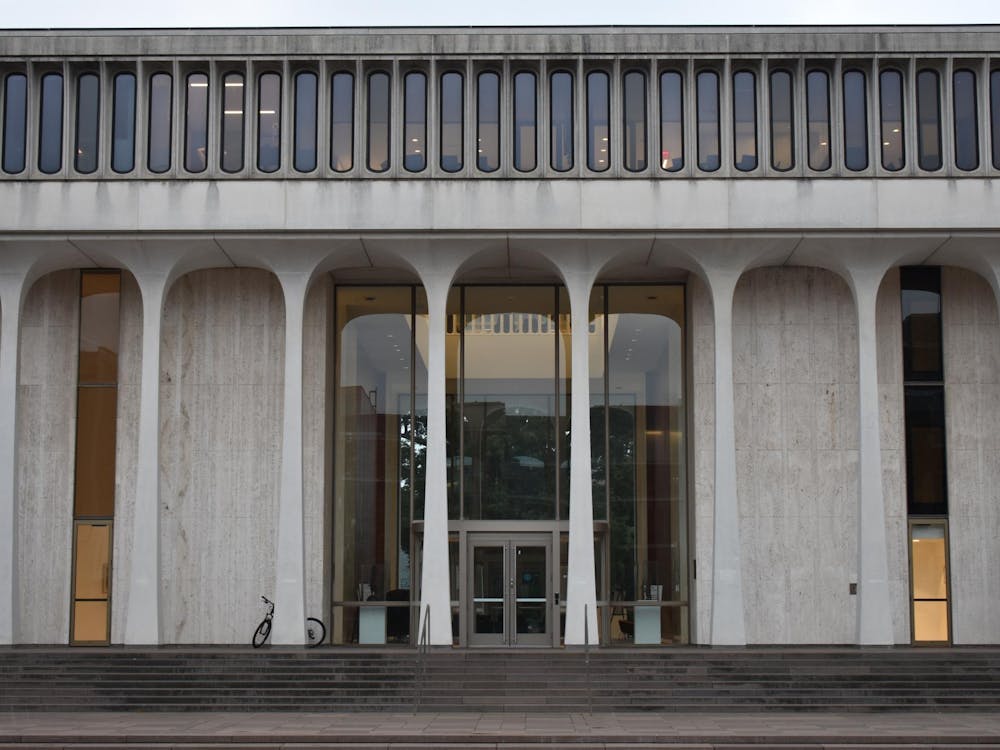While members of the first class of concentrators in the new neuroscience program appreciate the concentration’s tutorial-based system and the chance to pursue their passion, some students expressed concern about heavy requirements and the lack of information regarding independent work.
Alice Tao ’17, a neuroscience major, said that she was initially planning to major in chemistry but was more interested in the required courses listed on the website for the neuroscience concentration.
“I just like the classes and I was thinking of about doing research at [the Princeton Neuroscience Institute] anyway and so it was just a better fit,” Tao said.
Dominique Fahmy ’17 said she came in already interested in neuroscience and the introduction of the program was an opportune moment to pursue the concentration.
“It was like a godsend because it was right when I was like ‘What am I going to do with myself?’ ” Fahmy said.
Nicole Katchur ’17, who started in chemical and biological engineering before switching to molecular biology, said she knew she wanted to concentrate in neuroscience when she was around pediatric neurologists after her older sister had a traumatic brain injury.
However, students have also expressed concern about the major’s heavy requirements and prerequisites.
Neuroscience departmental representative and professor of psychology Asif Ghazanfar and co-director of the PNI Jonathan Cohen did not respond to multiple requests for comment.
According to the neuroscience concentration’s website, the concentration lists a minimum of 16 courses required for the course of study. Four prerequisites are required to enter the NEU concentration – MAT 103: Calculus I, MAT 104: Calculus II, NEU 201: Fundamentals of Neuroscience (formerly NEU 258) and NEU 202: Introduction to Cognitive Neuroscience (formerly NEU 259).
Concentrators must also complete two required core courses, two required cognates, five neuroscience electives and three cognate electives.
Tao said she is concerned about meeting the required courses for her concentration.

“There is a lot of requirements to graduate as a neuroscience major — as a junior I think I’m cutting it a little close,” she said.
Both Fahmy and Katchur noted that although they were fortunate enough to have completed many of the prerequisites and requirements before declaring neuroscience as a major, the situation is not same for many other students.
“I didn’t have much of a trouble switching. I’m not sure how it applied to rest of the students,” Katchur, an engineer, said.
Fahmy explained that she took part in the Integrated Science Curriculum and was able to fulfill almost half of the neuroscience requirements for science courses — leaving only core classes and electives to fulfill. However, Fahmy noted that the requirements would have been difficult to fulfill had she not done the program.
“It’s frustrating because there are a lot of classes that aren’t electives,” Fahmy said, noting that some of her credits for classes such as organic chemistry did not count toward any of the requirements for the neuroscience concentration.
While the neuroscience department has not made an announcement on the schedules and requirements for junior and senior independent work yet, the program’s website states that the concentrators must participate in small group tutorials to discuss research papers from primary literature in order to develop tools and ideas for reading and analyzing current scientific literature in the fall semester. According to the website, concentrators will write two short papers for the fall tutorial.
“It’s not like independent work in the sense that you’re in a lab doing lab work and pursuing your own projects,” Tao said regarding the tutorials, but added that it is “a nice foundation for you to be exposed to what literature and research is out there to give you a better idea of what you could possibly be involved in”.
Katchur, who had already attended her first tutorial, said the tutorial was intimate and the professor engaging.
“I like how the advisers are very willing to help you. I don’t have any concerns yet,” Katchur said.
However, while Fahmy said she is excited about the tutorials, she also acknowledged that she finds the lack of available information regarding spring junior papers and senior theses unnerving.
“I know a lot of my friends have already submitted proposals for their work and I’m just curious to know whether we are supposed to be doing that too,” Fahmy said. “I feel like we should probably be starting to figure out who our advisers are.”
She recommended more open communication and possible revision of some of the requirements.
“They just need to communicate more with us and be more open, and I think at some point they’re going to have to lower their requirements — unless you get lucky like I did, or you really know you want to do the major, but it’s not really practical to do,” she said.
Seventeen members of the Class of 2017 signed into the new neuroscience concentration last spring. Although there are some seniors who are independently majoring in neuroscience, the Class of 2017 would be the first official cohort pursuing the neuroscience concentration.
Correction: Due to a reporting error, an earlier version of this article misidentified Katchur's sister. Her older sister had a brain injury. The 'Prince' regrets the error.








